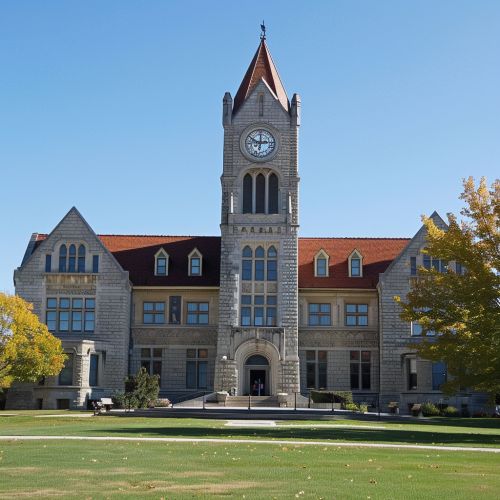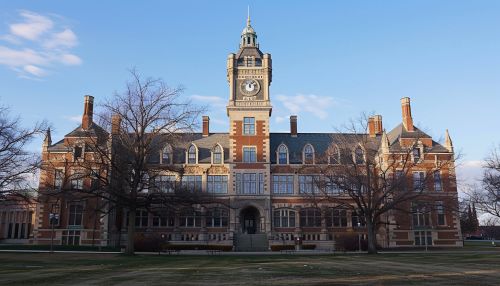Reinhard Genzel
Early Life and Education
Reinhard Genzel was born on March 24, 1952, in Bad Homburg vor der Höhe, Germany. He developed an interest in physics at an early age, which led him to pursue his studies in this field. Genzel attended the University of Bonn, where he obtained his Bachelor's degree in Physics in 1975. He then moved to the United States to further his studies at the MIT, where he earned his Ph.D. in Physics and Astronomy in 1978.


Career
After completing his Ph.D., Genzel returned to Germany and joined the Max Planck Institute for Extraterrestrial Physics (MPE) in Garching. He started as a research scientist and gradually climbed the ranks to become the director of the institute in 1986. His primary research interest lies in the field of infrared astronomy and astrophysics, particularly in studying the center of our Milky Way galaxy.
In 1985, Genzel also accepted a position as a professor at the Ludwig Maximilian University of Munich, where he taught physics and astronomy. In 1999, he was appointed as a professor at the University of California, Berkeley, dividing his time between Germany and the United States.
Research
Genzel's most significant contribution to the field of astrophysics is his work on the supermassive black hole, known as Sagittarius A*, at the center of the Milky Way. He and his team used high-resolution imaging techniques to track the motion of stars near the galactic center. Their observations provided the best evidence yet of the existence of a supermassive black hole in the center of our galaxy.
In addition to his work on black holes, Genzel has also made significant contributions to the study of star formation processes, the structure and composition of interstellar and intergalactic medium, and the evolution of galaxies.
Awards and Honors
Over the course of his career, Genzel has received numerous awards and honors for his contributions to the field of astrophysics. In 2008, he was awarded the Shaw Prize in Astronomy, followed by the Crafoord Prize in Astronomy in 2012. In 2020, he shared the Nobel Prize in Physics with Andrea Ghez and Roger Penrose for their work on black holes.
Personal Life
Genzel is married and has two children. He is known for his passion for music and plays the violin in his spare time. He is also an avid hiker and enjoys exploring the mountains in his free time.
